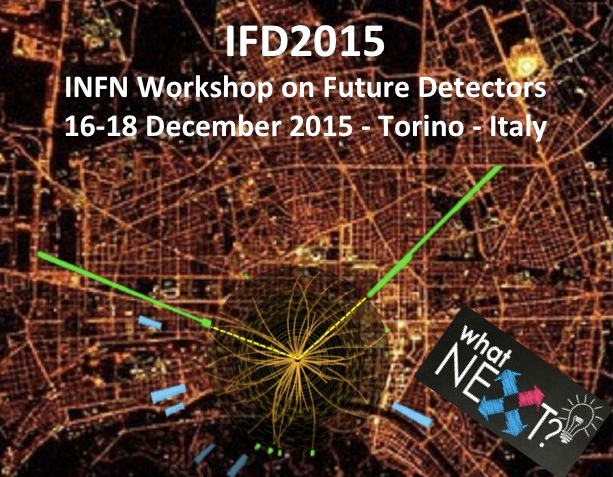
INFN Workshop on Future Detectors

Italy has been one of the key players in the effort that led to the discovery awarded the 2013 Nobel Prize for Physics, having provided a highly recognized technological contribution both to the LHC and to the experiments. The top priority of the European Strategy for Particle Physics is the exploitation of the full potential of the LHC including the high-luminosity upgrade of the machine and detectors. To be able to contribute at the international level and to foster common R&D projects the INFN Workshop on Future Detectors for HL-LHC (IFD2014) was held in Trento (March 11-13, 2014) to focus on the upgrades of the experiments for the High Luminosity LHC. The goal was to establish an open framework to discuss and work on new ideas for research and development where expertise can be shared and expanded across the different INFN experimental groups. This effort aimed to explore and consolidate a constructive interaction within different national research centers, facilities and industry also to better prepare for Horizon2020 applications.
At the same time INFN started the What Next (WN) program, a process based on open and wide discussions to investigate possible new research ideas and to promote new science-driven experiments. It is clear that new or improved technologies play a crucial role to pave the road towards the necessary breakthrough for possible discoveries.
With this aim IFD2015 in Torino, became the INFN Workshop on Future Detectors (December 16-18, 2015), where the What Next challenge to identify new ideas to be explored was technology-driven exploiting cross synergies coming out from different research groups, research facilities and industry.
Chairmen: Nadia Pastrone, Valter Bonvicini

The Workshop will focus on the upgrades of the experiments for the HL-LHC, primarily needed for:
- tracking, calorimetry and muon systems, with associated front-end and read-out electronics
- trigger, data acquisition and computing
The goal is to establish a framework to discuss and work on new ideas for research and development where expertise can be shared and expand across the different INFN experimental groups. This process aims also to promote a constructive interaction with national industry, research centers and facilities to better prepare for Horizon2020 applications.
